Black carbon pollution research
INDIA – BHUTAN – NEPAL – HIMALAYA 2023
Himalaya glaciers are the source of drinking water for two billion people in the Indian subcontinent. The GLWF 2023 mission will look for evidence on the impact of black carbon transport on accelerated glacier melting.
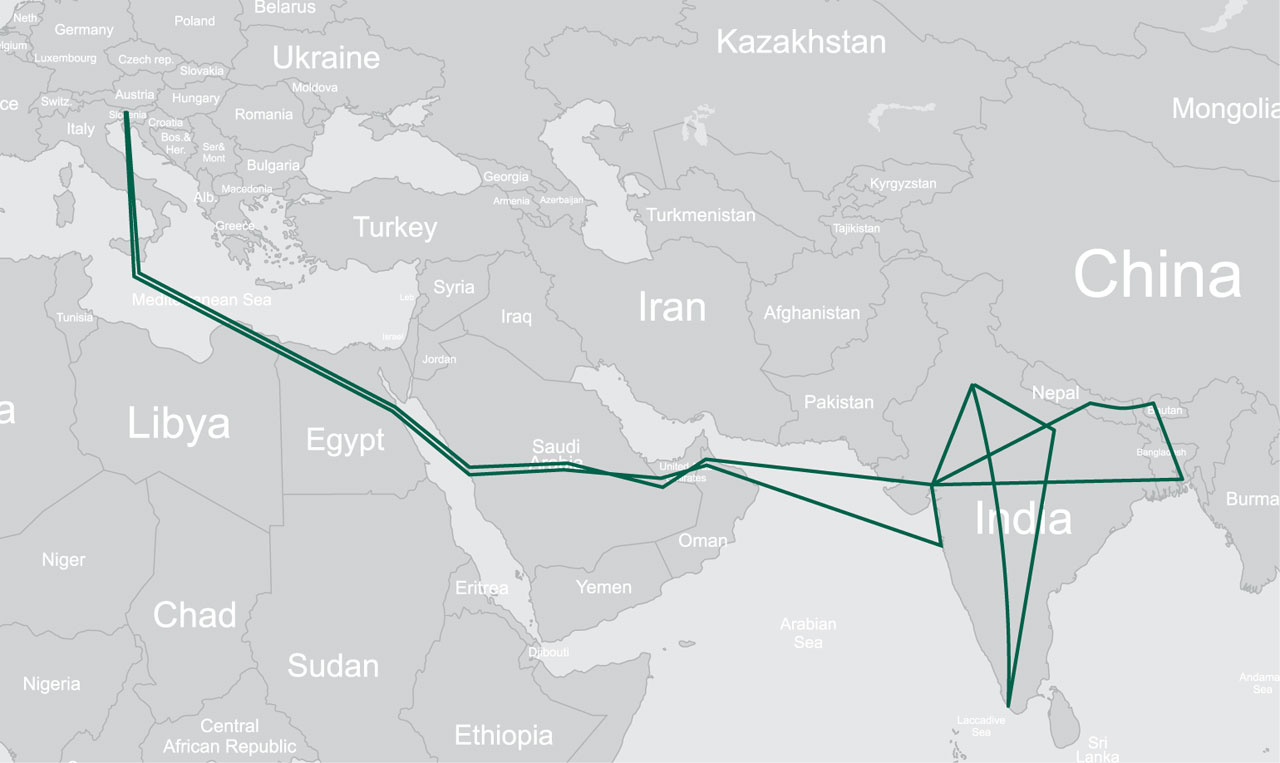

BLACK CARBON
The incomplete combustion of fuels containing carbon (such as gasoline, diesel, natural gas, wood and other biomasses) results in the emission of aerosols, small particles which pollute the air and are harmful to people’s health. An important part of these emissions is soot, known by its scientific name: Black Carbon (BC). It is inert and can be transported over great distances. It also highly absorbs sunlight, which is the reason for its name – it has a very black appearance.
BC heats the atmosphere through the absorption of sunlight and is recognized as a very important cause of global warming, second only to CO2. Although BC measurements can increase the knowledge on these topics, they are scarce at global background locations. The GLWF flights are an opportunity to carry out measurements on such a scale. We modified the aircraft and installed an aerosol inlet on the wing, with tubing carrying the sampled air to the prototype Aethalometer – the instrument for measuring BC we developed for this very occasion.
We have demonstrated during the previous GLWF round-the-world and the North Pole campaigns that an instrumented ultra lightweight aircraft can provide valuable information on BC concentrations, their regional heterogeneity and vertical profiles with a minor payload and for a fraction of the cost associated with large airborne platforms. We trust that the campaigns will initiate a change of the measurement paradigm and a start of measurements campaigns on a really large scale.
Dr. Griša Močnik
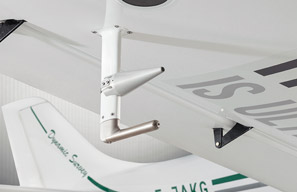
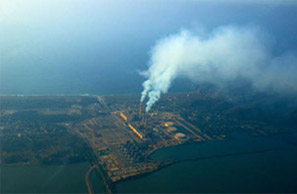
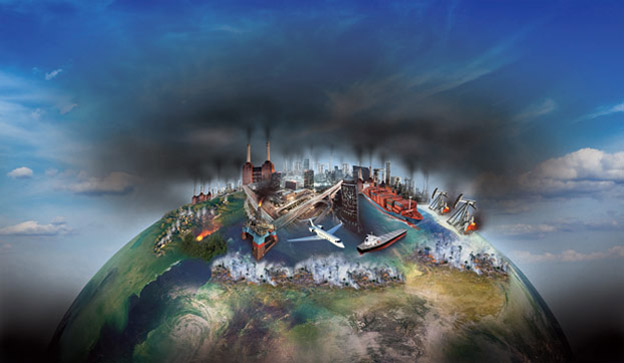
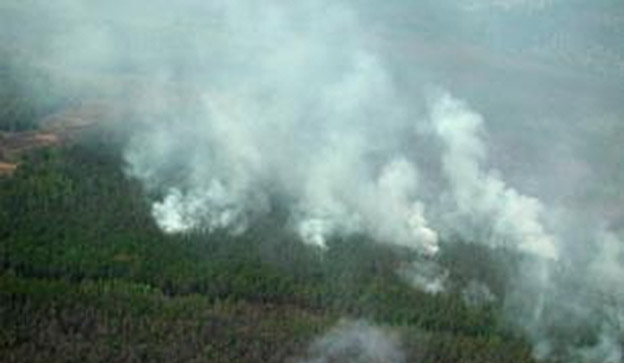
PILOT - Matevž Lenarčič

Matevž Lenarčič is experienced long distance flier. He has flown for more than 3500+ hours all over the world, mostly with his ultra light airplane and other single engine aircrafts. He holds PPL - private pilot license with IFR - (instrumental flight rules) rating, night qualification, and ULPL - ultralight pilot license.
Matevž Lenarčič has graduated in biology. An alpinist, paraglider, environmentalists, photographer and a pilot, he has climbed all over the world and among others reached the top of 8051m Broad Peak in Himalaya and climbed extreme routes in Patagonia. He is author of 11 books (nature, photography, climbing and flying), some of them awarded and translated in several languages. He is also founder and director of Aerovizija d.o.o., company for aerial photography.
- FAI World Speed record, category C1-b, Capo Verde – Martinique, 2017
- Official national speed record Around the World Eastbound - C1a
- Anofficial world speed record Around the World Eastbound - C1a
- 2nd place national competition RAL2 2005
- Bronze colibry
- Circumnavigator East Diamond
- Silver colibry
- Diamond colibry
- World Aviator of the year 2013
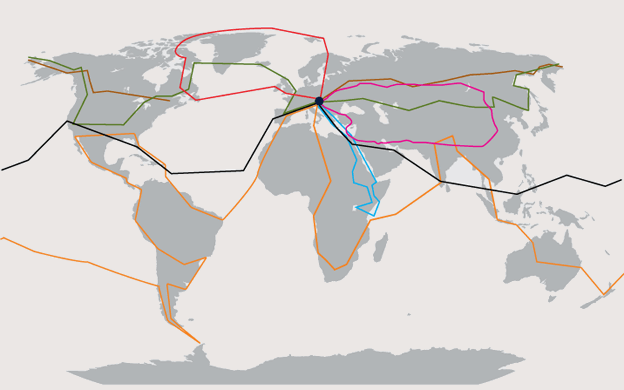
![]() Worldtrannsiberia 2002: 28 000km over 8 countries incl. Russia
Worldtrannsiberia 2002: 28 000km over 8 countries incl. Russia
![]() Around The Only World 2004: 38 000km crossing 23 countries
Around The Only World 2004: 38 000km crossing 23 countries
![]() Africa - Valley of Life 2005: 17 000km over 13 countries
Africa - Valley of Life 2005: 17 000km over 13 countries
The Alps - A Bird’s Eye View 2006 - 2009:
60 000km all over the Alps
![]() GLWF 2012: 91 000km
GLWF 2012: 91 000km
![]() GLWF North Pole 2013: 15 900km
GLWF North Pole 2013: 15 900km
![]() GLWF 2016: 42 172km
GLWF 2016: 42 172km
GLWF Mediterranean 2017: 17 500km
![]() GLWF 2018: 22 000km
GLWF 2018: 22 000km
GLWF 2019
RESEARCH - Dr. Griša Močnik

Assist. Prof. Dr. Griša Močnik, is an aerosol researcher at the Jozef Stefan Institute, Slovenia. He was the director of research and development of Aerosol, the company where black carbon instruments are produced. He received his doctorate from the University of Ljubljana while working at J. Stefan Institute, and universities and institutes in the Netherlands, France and Germany, where he performed research on photothermal and photoacoustic methods for investigation of highly absorbing and scattering samples. Before that he studied physics at the University of Ljubljana.
Griša Močnik has been a principal investigator, researcher and scientific advisor in numerous development and research projects in the field of aerosol instrumentation and laser devices. His work is mostly focused on the development of instrumentation for research of aerosol optical properties and application of this instrumentation – in particular measurement of black carbon and other light absorbing carbonaceous aerosols. His current research includes source apportionment of carbonaceous aerosol for local studies and in context of long range transport; vertical profiles of primary combustion products; and methods for emission measurements. He served as a member of the United Nations ECE expert group on Black Carbon.
TEAM
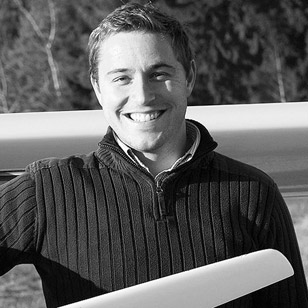
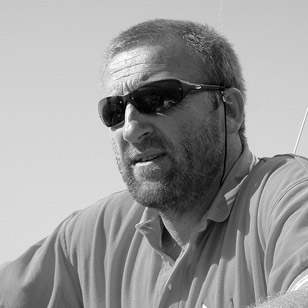
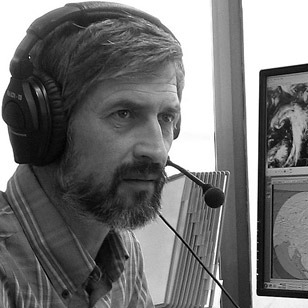
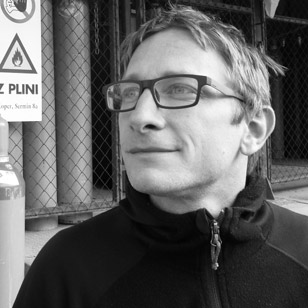
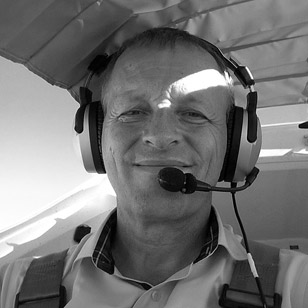
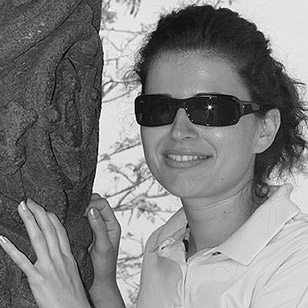
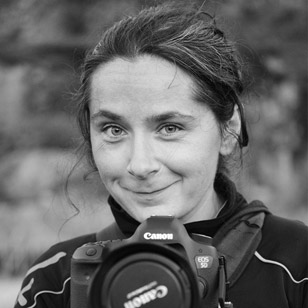
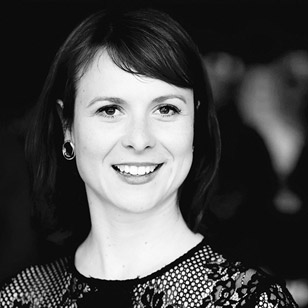

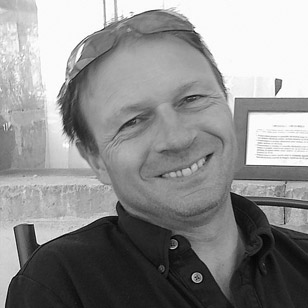
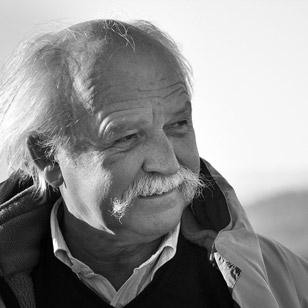
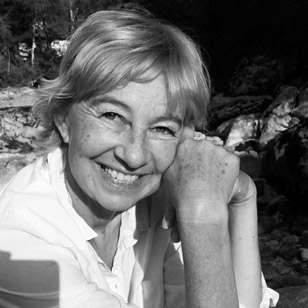
Domen Grauf is experienced aviator, instructor, flying ultralights as well as business jets. He is supporting GLWF from very beginning, weather advisory, FAI ... organisation







